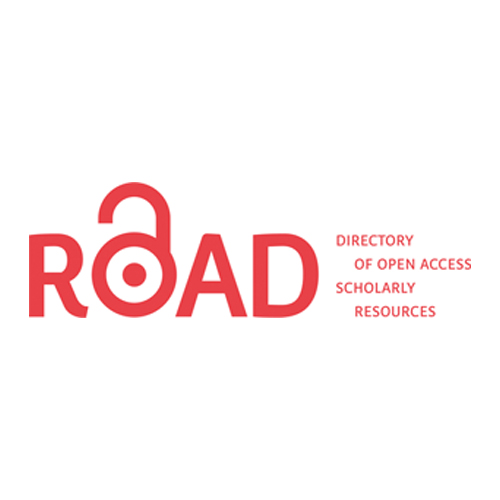A CRITICAL DISCOURSE ON HOW COMMUNICATION BARRIERS CAN ADVERSLY AFFECT THE GROWTH OF AN ORGANIZATION
Abstract
English is without a doubt the actual universal language. It is the world's second largest native language, the official language in 70 countries, and English-speaking countries are responsible for about 40% of world's total GNP. English can be at least understood almost everywhere among scholars and educated people, as it is the world media language, business communication, and the language of cinema, TV, pop music and the computer world. All over the planet people know many English words, their pronunciation and meaning.
The concept of a Universal Language is more significant only now, in the era of world mass communication. Before this era Greek, Latin, French were to some extent universal languages, though mainly in Europe. By a lucky coincidence due to factors above, English, the Universal language is one of the simplest and easiest natural languages in the world. The only other simple and easy languages are constructed ones. Vast amounts of skill, expertise and knowledge remains hidden in organizations because of language and cultural barriers. Native Spanish, German, Dutch, Turkish, Chinese or Bahasa Indonesia speakers all make a daily effort to understand, speak and write English. Native English speakers try to understand the many variants of non-native speakers. When it comes as a second language; misunderstandings, irritations, feelings of exclusion and a sense of inferiority, are daily challenges for non-native English speakers trying to communicate in the language of global business. What exactly happens and how can global organizations help employees become more effective in this intercultural language and its various communication styles? The Non-native speakers try to learn the language. Gradually they learn together and try to get used to each other’s accents and accept the language mistakes inevitably made. They try to figure out what a good translation would be for a particular expression and how the words are to be interpreted and valued in our own language. There are some points which are found in native and non-native speakers when they speak in English.
Downloads
References
Fielding, Michael. Effective Communication in Organizations. Juta & Co. Ltd, 2006. Print.
Bocus, R. A., Barriers to Effective Communication. R. A. Bocus, 1998.
Chandler, Daniel. The Transmission Model of Communication. Web
Identify Barriers to effective communication and Improve your communication skills.
Pujari, Saritha. Four different types of Barriers to Effective communication. Web






